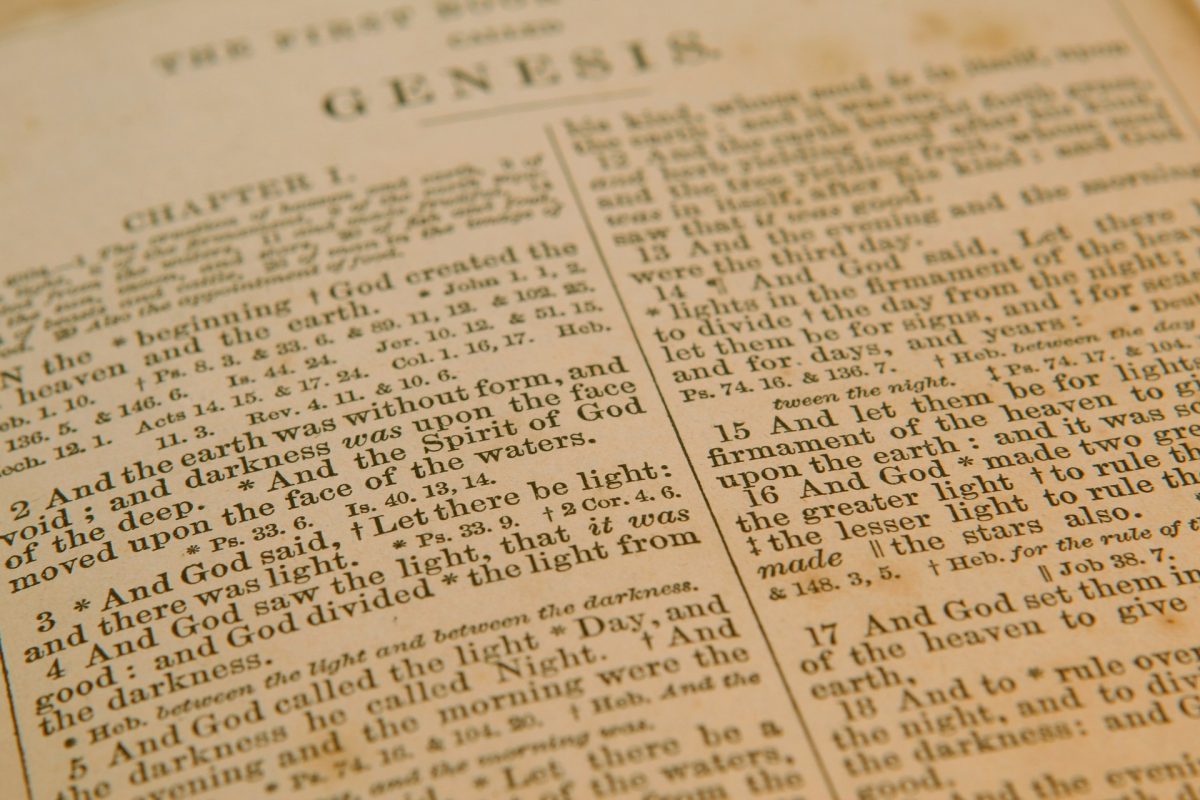Joy to the World is a favourite Christmas carol and one of the many hymns written by Isaac Watts. Watts was a famous hymn writer who composed around 750 hymns from the 1600s to the 1700s.
Family
When Isaac Watts was born in 1674, his father was in prison for his Nonconformist views. Nonconformists were Protestants who did not believe that the Church of England had sufficiently departed from the beliefs and practices of the Roman Catholic Church and refused to conform to it. Watts was born into a period of violent religious disturbance and hatred across England, Scotland, and Wales.
His father was eventually freed and fathered seven more children. Isaac respected his father’s courage and remembered his mother’s tales of nursing her children on the jail steps.
Young Isaac
Watts’s early brilliance was evident: he mastered Latin at age 4, Greek at age 9, French at 11 (to communicate with his refugee neighbours), and Hebrew at 13.
When he was 16, Watts went to London to study at a leading Nonconformist academy. From his late teens, the young Isaac Watts complained about hymn singing in church. He once wrote: “To see the dull indifference, the negligent and thoughtless air that sits upon the faces of a whole assembly, while the psalm is upon their lips, might even tempt a charitable observer to suspect the fervency of their inward religion.”
Tired of his complaints, his father challenged him to write something better. The following week, the young Isaac presented his first hymn to the church, which was met with an enthusiastic response. This marked the beginning of his prolific career, during which he wrote hundreds of hymns, including the well-known ‘When I Survey the Wondrous Cross.’
In 1702, at 28, he became the pastor of one of London’s most influential independent churches.
Other Work
Watts was more than a poet; he was also a scholar of broad standing, especially in his later years. He wrote nearly 30 theological treatises, articles on psychology, astronomy, and philosophy, three volumes of sermons, the first children’s songbook, and a textbook on logic that served as a standard work on the subject for generations.
In 1719, Isaac Watts released a collection of hymns based on the Psalms. This collection included ‘Joy to the World!’, a hymn that continues to be sung and cherished to this day; a testament to the enduring impact of Watts’s work.
Sickness
It’s fascinating that Isaac Watts would be best remembered for a joyful song when there was much in his life that we would not ordinarily associate with joy. Early in his ministry, he began suffering from a psychiatric illness that would plague him for the rest of his life. He eventually resigned from his church work in 1712 due to a severe sickness that Watts believed would end his life prematurely. Despite these challenges, he continued to find joy in his work and his faith.
In the Spring of 1714, Sir Thomas Abney, Lord Mayor of London and a member of Parliament, invited Watts to spend a week with his family at their country home at Theobalds. He hoped the rest would aid him in his recovery. Watts lived with the family until his death thirty-four years later, serving as the family’s chaplain and tutor to the Abney children.
Rejection
His illness and unsightly appearance took their toll on his personal life. A disproportionately oversized head topped his five-foot, pale, and skinny frame. His skin was yellowish, and he had a large hook nose and small grey eyes.
Almost every portrait of him depicts him in a gown with ample folds—an apparent attempt by the artists to disguise his appearance—which was probably the reason for the poet Elizabeth Singer’s rejection of his marriage proposal. They corresponded for several months, and there was talk about marriage, but she could not get past his looks when they finally met. One biographer noted, “Though she loved the jewel, she could not admire the case that contained it.”
Paradox
Most people experience a life that combines joy, suffering, and everything in between. Despite the many setbacks, difficulties, and rejections he faced, Isaac Watts’s life was still full of intense creativity, brilliance, and deep joy. His life is a testament to the fact that we all experience a mix of joy and suffering, and that these experiences can coexist.
One of the most well-known hymns is “Joy to the World,” a paraphrase of the last half of Psalm 98:
Shout to the Lord, all the earth; break out in praise and sing for joy!
Make a joyful symphony before the Lord, the King!
Let the sea and everything in it shout his praise!
Let the earth and all living things join in.
Let the rivers clap their hands in glee!
Let the hills sing out their songs of joy before the Lord.
For he is coming to judge the earth,
He will judge the World with justice and the nations with fairness.
Reflect
So, when you hear or sing Joy to the World this Christmas, I encourage you to reflect on the song’s author’s words and life. Like ours, Isaac Watts’ life embraced all the highs and lows of human existence.
The Christmas season celebrates a time when God invaded this world with the wonders of His love. Whatever this year has been like, let us all anew appreciate the deep and solemn realisation of what Jesus’ birth means to us—Joy to the World; the Lord has come; let every heart prepare Him room.















